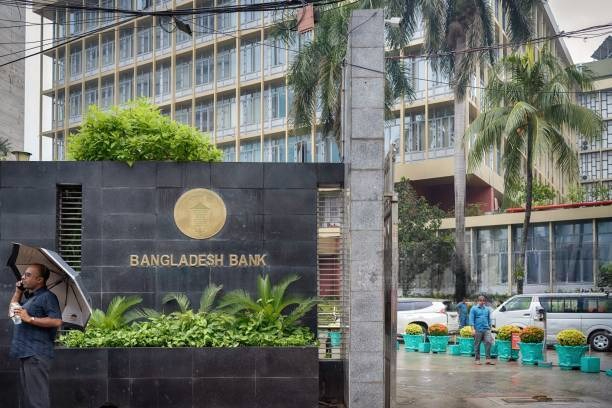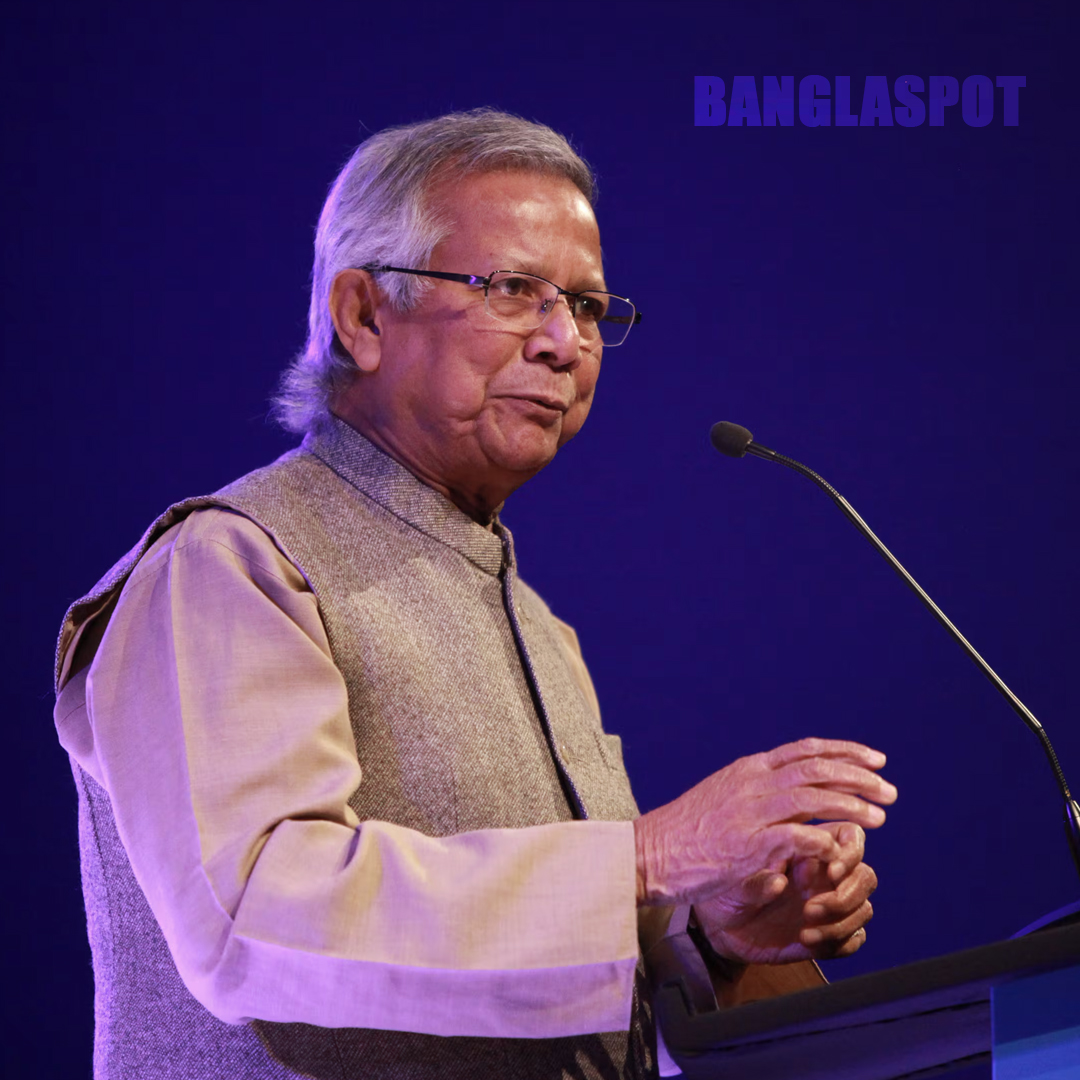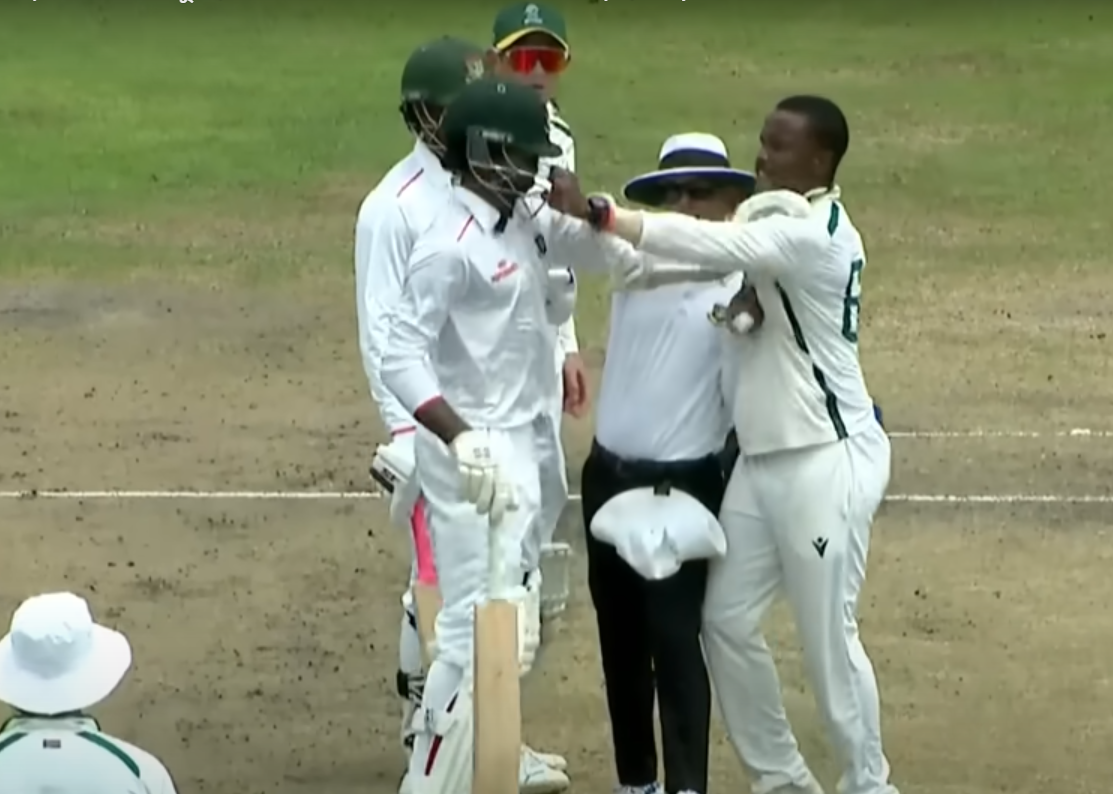
Central Bank Enforces Strict Regulations to Safeguard Depositors and Strengthen Banking Sector Stability
In a landmark move, Bangladesh Bank (BB) has barred 18 banks from distributing dividends for the 2024 financial year, citing financial instability, excessive non-performing loans (NPLs), and inadequate regulatory compliance. This directive, issued under Section 22 of the Bank Company Act 1991, marks a significant tightening of control over the banking sector in a bid to improve asset quality and restore public trust.
Banks Affected
The banks impacted by this ruling include both private and state-owned institutions. Among the prominent names are Islami Bank Bangladesh, United Commercial Bank, Al-Arafah Islami Bank, Exim Bank, Mercantile Bank, Standard Bank, Premier Bank, NRB Commercial Bank, IFIC Bank, and Rupali Bank.
According to central bank officials, these banks either failed to meet provisioning requirements, had high levels of NPLs, or were found non-compliant with capital adequacy norms. BB has firmly stated that allowing dividend payouts under such conditions would be irresponsible and could endanger depositors’ funds.
Regulatory Justification
Bangladesh Bank’s decision is grounded in several critical criteria:
-
High Non-Performing Loans
BB’s data shows that some of the affected banks have NPL ratios significantly above the acceptable threshold of 10%. Elevated NPL levels indicate poor credit discipline and potential risks to a bank’s solvency. Overall, NPLs in the sector now stand at over 20%, marking a sharp deterioration from previous years. -
Provisioning Shortfalls
Many of the barred banks have failed to fully provision against bad loans. This shortfall means they lack the necessary financial buffer to absorb potential credit losses. For example, Janata Bank alone reportedly has a provisioning gap of Tk 27,860 crore. -
Failure to Meet CRR/SLR Requirements
Compliance with Cash Reserve Ratio (CRR) and Statutory Liquidity Ratio (SLR) is a fundamental obligation for banks. Some of the barred institutions have either defaulted or paid fines for non-compliance with these benchmarks, further weakening their regulatory standing. -
Use of Deferral Facilities
Several banks had taken deferral facilities from BB, postponing their provisioning requirements. Under current rules, banks availing such facilities are automatically ineligible to pay dividends.
Objective Behind the Ban
According to BB spokespersons, the core objective is to enforce fiscal discipline within the banking industry. Allowing dividend payments by banks in poor financial health not only misleads shareholders but also diverts funds that could otherwise strengthen capital bases and reduce risk.
“This move is not punitive but preventive,” said a BB official. “We are prioritizing depositor safety over short-term shareholder returns.”
Impact on the Sector
The ban has created ripple effects across the financial ecosystem. Stock prices of the affected banks dipped following the announcement, reflecting investors’ concerns about profitability and return on investment.
Moreover, analysts warn that the restrictions may dampen enthusiasm for banking sector stocks unless corrective measures are taken swiftly. However, they also note that such regulatory enforcement could result in stronger financial institutions in the long run.
Banks that consistently maintain capital adequacy, low NPLs, and full provisioning are still allowed to declare dividends, underscoring the central bank’s intention to reward prudence and discourage risky financial behavior.
Response from the Banking Industry
The Bangladesh Association of Banks (BAB) has voiced its concerns, urging BB to reconsider the decision—especially in cases where banks are gradually recovering or where directors had hoped to retain investor goodwill through modest dividends.
BAB argues that the blanket ban may penalize banks making sincere efforts to improve their balance sheets. In response, BB maintained that the rules were clear and that exceptions would undermine regulatory credibility.
Market and Public Reactions
Market participants are divided. While some welcome the tough stance as a necessary reform, others see it as disruptive. Retail investors are particularly affected, as many rely on bank dividends for income.
Economists, however, largely support the move, noting that Bangladesh’s banking sector had long suffered from poor governance and excessive political interference. By enforcing strict dividend policies, BB is signaling its commitment to reform and sustainability.
The Road Ahead
For the barred banks, the message is clear: Clean up your books or stay out of the dividend pool. This could spark a renewed focus on loan recovery, internal audits, and capital restructuring.
Financial advisors suggest that banks may need to consider mergers, improved risk management, and corporate governance reforms to regain regulatory trust and market credibility.
Conclusion
Bangladesh Bank’s decision to prohibit 18 banks from paying dividends for 2024 may be controversial, but it marks a turning point in regulatory oversight. By putting financial health and depositor security ahead of short-term gains, the central bank is pushing the industry toward greater accountability and resilience.
The success of this initiative will depend on how effectively these banks respond to the challenge and whether the central bank can sustain its reform momentum






